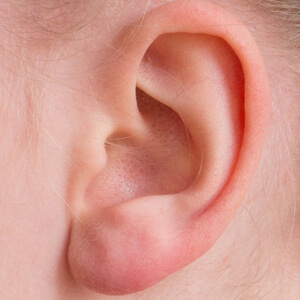Vertigo Treatment Joondalup
 When the health of the inner ear is affected, dizziness is a common complaint. The reasons for dizziness are many, such as benign paroxysmal positional vertigo (BPPV), inflammation of the inner ear (vestibular neuritis), migraine, heart problems, low blood pressure, hypoglycaemia and anxiety disorders.
When the health of the inner ear is affected, dizziness is a common complaint. The reasons for dizziness are many, such as benign paroxysmal positional vertigo (BPPV), inflammation of the inner ear (vestibular neuritis), migraine, heart problems, low blood pressure, hypoglycaemia and anxiety disorders.
Those with dizziness or vertigo can experience several different symptoms:
- A feeling of unsteadiness and difficulty walking in a straight line
- A sensation of yourself or the environment moving or spinning
- Abnormal eye movements
- Difficulty hearing
- Difficulty seeing clearly when moving
- Headache
- Lightheadedness
- Loss of coordination and staggering gait
- Nausea and vomiting
- Ringing and sounds in the ears
The Structure and Function of the Inner Ear
Your inner ear contains a series of canals orientated at different angles that are filled with fluid. When your head moves, the fluid inside the canals informs the brain of how far and fast as well as which direction the head is moving in. The information gained is used by your brain to move your eyes in equal yet opposite amounts, allowing the image that your eyes see to be clear.
The Cause of Dizziness and Vertigo
Inner ear disorders including Meniere’s disease, vestibular neuritis and BPPV make up half the cases of persistent dizziness. To find out if you suffer from vertigo, your general practitioner will run some tests. If BPPV is suspected, you may be referred to a physiotherapist.
Want to Learn More?
The Arena Joondalup Physiotherapy team can treat and manage vertigo from BPPV. The recommended treatment involves canalith positioning, which is a set of exercises that are designed to eliminate inner ear crystals that are present with BPPV. You’ll also gain valuable advice to prevent the condition from recurring. Contact us today to schedule your appointment!
